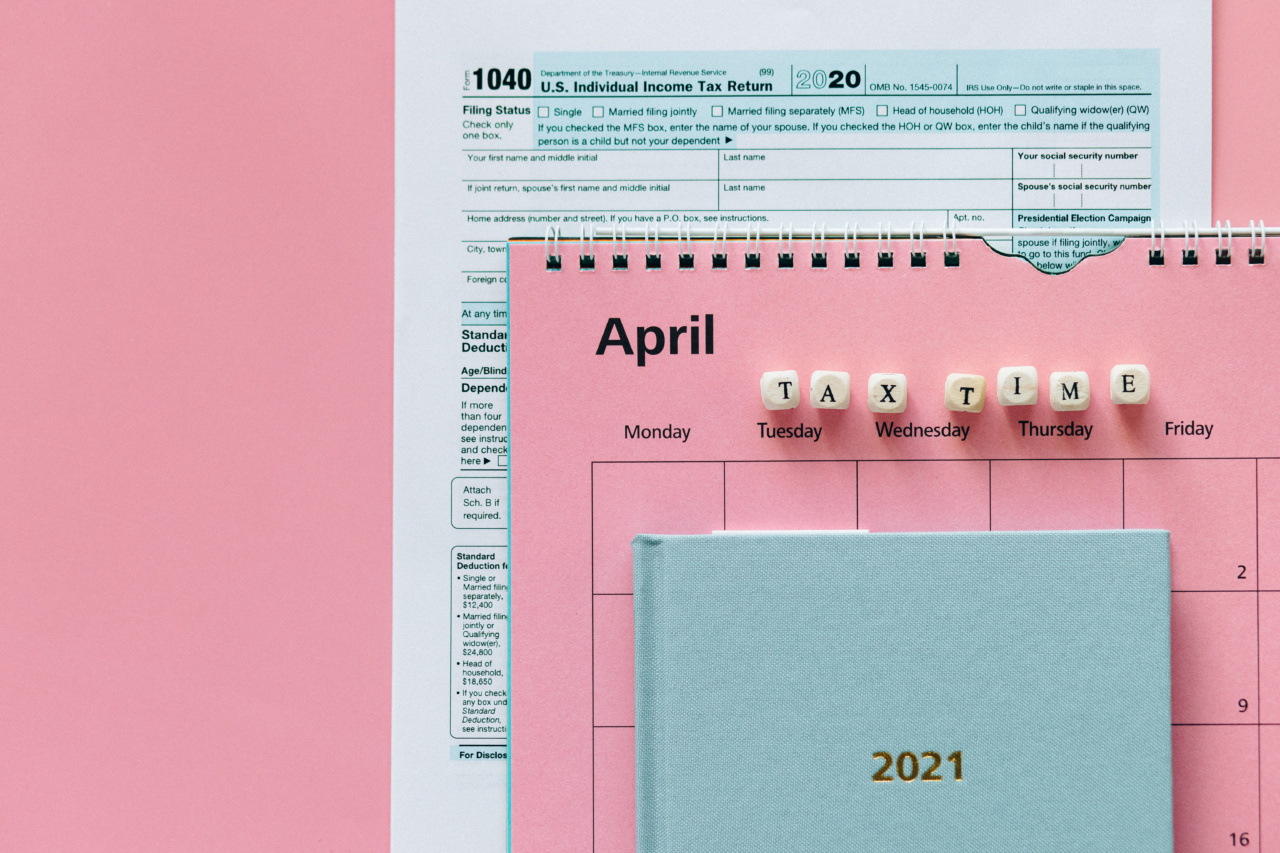For many couples, starting a family is a dream come true. Unfortunately, it is not always as easy as it seems, as many couples struggle with infertility.
If you are planning to get pregnant, it’s important to understand the role that ovulation plays in conception.
Ovulation is the process when a mature egg is released from the ovaries into the fallopian tube. It is the most fertile time in a woman’s menstrual cycle when the chances of getting pregnant are highest.
In some women, the ovulation cycle is regular, while in others, it can be irregular, making it difficult to predict the best time for conception.
But did you know that there is a perfect month for conception? In this article, we will delve into the best time to conceive and give you tips on how to boost your chances of getting pregnant.
Understanding the Menstrual Cycle
The menstrual cycle in women is approximately 28 days long, but it can vary from one woman to another. The first day of the menstrual cycle is the first day of bleeding. The menstrual cycle is divided into three phases:.
Phase 1: Follicular Phase
The follicular phase is the first phase of the menstrual cycle and begins on day 1 of the cycle. During this phase, the body prepares for ovulation by releasing hormones that stimulate the ovaries to produce eggs.
In a regular 28-day cycle, the follicular phase lasts for around 10-14 days.
Phase 2: Ovulatory Phase
After the follicular phase, ovulation occurs in the middle of the menstrual cycle, around day 14. During ovulation, the mature egg is released from the ovary into the fallopian tube. This is the most fertile period for conception.
The ovulatory phase lasts for 24-48 hours.
Phase 3: Luteal Phase
The luteal phase is the final phase of the menstrual cycle. It starts after ovulation and lasts for around 14 days. During this phase, the empty follicle that released the egg produces progesterone, which prepares the uterus for pregnancy.
If the egg is not fertilized, the progesterone levels drop, and the cycle starts all over again with a new menstrual cycle.
The Perfect Month for Conception
As we mentioned earlier, the best time to conceive is during the ovulatory phase. However, there are specific months in the year where the chances of getting pregnant are higher.
September-November
According to a study published in the journal Human Reproduction, September to November are the months with the highest conception rates.
The researchers found out that women who conceive during these months are likely to have shorter pregnancies and higher birth weights. They attributed this to the increased levels of melatonin during the winter months, which affect the hormones that regulate ovulation and conception.
Spring Months
Another study published in the journal Fertility and Sterility found that the spring months (March to May) also had high conception rates.
This could be attributed to the increase in daylight during these months, which affects the release of the hormone, melatonin.
Summer Months
Finally, another study found that the summer months (June to August) also had higher conception rates. This could be because of the increased Vitamin D levels in the body during this time, which affects the fertility hormones.
Tips to Boost Your Chances of Getting Pregnant
While the perfect month for conception can help increase your chances of getting pregnant, there are also other things you can do to improve your chances of conceiving. Here are some tips:.
Track Your Menstrual Cycle
Tracking your menstrual cycle can help you determine your most fertile days. You can do this by using an ovulation calendar, tracking your basal body temperature, or using ovulation predictor kits.
Have Sex at the Right Time
To get pregnant, it’s important to have sex during the ovulatory phase. You can determine this by tracking your menstrual cycle or using ovulation predictor kits.
Eat a Balanced Diet
Eating a balanced diet that is rich in fruits, vegetables, protein, and whole grains can improve your fertility. This can also help maintain a healthy weight, which is important for fertility.
Exercise Regularly
Regular exercise can help improve your overall health and fertility. However, be careful not to over-exercise, as this can affect your menstrual cycle.
Reduce Stress
Stress can have a negative impact on fertility. Practice stress-reducing activities such as meditation, yoga, or deep breathing exercises.
Avoid Smoking and Alcohol
Smoking and alcohol can decrease your chances of getting pregnant. Avoid smoking and reduce alcohol intake to improve your fertility.
Get Enough Sleep
Adequate sleep is essential for fertility. Try to get at least 7-8 hours of sleep every night to help regulate your hormones.
Seek Medical Advice
If you have been trying to conceive without success, it’s important to seek medical advice. Your doctor can help you determine the root cause of your infertility and suggest treatment options.
Conclusion
Getting pregnant is a complex process that requires the right timing and lifestyle choices. By understanding the menstrual cycle and the perfect month for conception, you can increase your chances of getting pregnant.
Remember to track your menstrual cycle, have sex at the right time, eat a balanced diet, exercise regularly, reduce stress, avoid smoking and alcohol, get enough sleep, and seek medical advice if needed.





























